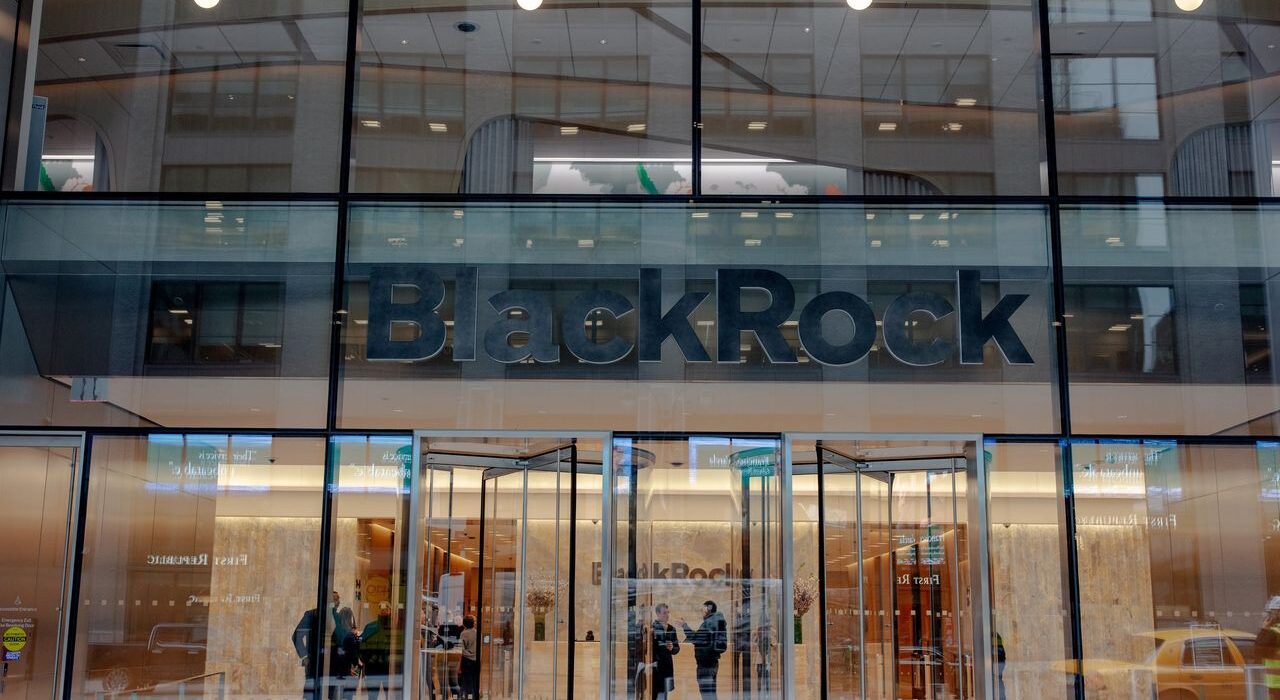BRICS: BlackRock Issues, In the realm of global economics, few entities hold as much sway as BlackRock, the world’s largest asset manager. Recently, BlackRock has issued a significant warning regarding the future of the US dollar, sending ripples throughout financial markets. As the United States grapples with economic challenges and geopolitical tensions, the implications of BlackRock’s warning extend far beyond the realm of finance. In this article, we’ll delve into the details of BlackRock’s warning, its potential implications for the US dollar, and the broader implications for the global economy, particularly for the BRICS nations.
BlackRock’s Warning: Understanding the Context
BlackRock’s warning comes at a time of heightened economic uncertainty and volatility. The COVID-19 pandemic has wreaked havoc on economies worldwide, leading to unprecedented levels of government spending, monetary stimulus, and debt accumulation. In response to the pandemic-induced economic downturn, central banks, including the Federal Reserve, have implemented aggressive monetary easing measures, such as near-zero interest rates and large-scale asset purchases.
While these measures have helped stabilize financial markets and support economic recovery, they have also raised concerns about inflation, currency devaluation, and the sustainability of government debt levels. Additionally, geopolitical tensions, trade disputes, and shifting global dynamics have further complicated the economic outlook.
Against this backdrop, BlackRock’s warning about the US dollar carries significant weight. The US dollar serves as the world’s primary reserve currency and plays a central role in global trade, finance, and investment. Any significant fluctuations or weaknesses in the US dollar can have far-reaching consequences for economies and markets worldwide.
Implications for the US Dollar
BlackRock‘s warning suggests that the US dollar could face headwinds in the coming years due to a combination of factors, including fiscal challenges, monetary policy divergence, and geopolitical risks. One key concern is the growing US fiscal deficit, which has widened significantly in response to pandemic-related spending and stimulus measures. High levels of government debt raise questions about long-term fiscal sustainability and could erode confidence in the US dollar.
Furthermore, the Federal Reserve’s accommodative monetary policy stance, including near-zero interest rates and ongoing asset purchases, has led to speculation about the potential for inflationary pressures and currency devaluation. While the Fed has indicated that any inflationary spikes are likely to be transitory, uncertainty remains regarding the future trajectory of monetary policy and its impact on the US dollar.
Geopolitical tensions, particularly between the United States and China, add another layer of complexity to the US dollar’s outlook. Trade disputes, technological competition, and strategic rivalry between the world’s two largest economies have raised concerns about the stability of global supply chains and the resilience of the international monetary system.
In light of these challenges, BlackRock’s warning underscores the need for investors, policymakers, and market participants to carefully assess the risks and vulnerabilities associated with the US dollar and to consider diversification strategies to mitigate potential downside risks.
Implications for the BRICS Nations
The BRICS nations—Brazil, Russia, India, China, and South Africa—represent a significant bloc of emerging market economies with substantial influence on the global stage. As major players in trade, investment, and finance, the BRICS nations are closely interconnected with the dynamics of the global economy, including fluctuations in major currencies like the US dollar.
BlackRock’s warning about the US dollar has important implications for the BRICS nations, both individually and collectively. For countries like Brazil, Russia, and South Africa, which rely heavily on commodity exports, currency fluctuations, particularly in the US dollar, can have a significant impact on export revenues, fiscal balances, and inflation dynamics.
India, with its rapidly growing economy and expanding role in global trade, also faces exposure to US dollar movements. A weaker US dollar could potentially benefit India by making its exports more competitive and reducing the cost of servicing dollar-denominated debt. However, excessive currency volatility could also pose challenges for India’s external stability and monetary policy management.
China, as the world’s second-largest economy and a major holder of US dollar reserves, is particularly sensitive to developments in the US dollar. Any significant depreciation or devaluation of the US dollar could affect the value of China’s vast foreign exchange reserves and impact its export-oriented growth model.
In response to BlackRock’s warning and the broader uncertainties surrounding the US dollar, the BRICS nations may seek to diversify their foreign exchange reserves, strengthen regional cooperation mechanisms, and explore alternative payment systems to reduce reliance on the US dollar-dominated international monetary system.
Conclusion
BRICS: BlackRock Issues, BlackRock’s warning about the US dollar serves as a stark reminder of the challenges and uncertainties facing the global economy in the years ahead. As the world grapples with the aftermath of the COVID-19 pandemic, geopolitical tensions, and shifting economic dynamics, the future trajectory of the US dollar remains uncertain.
For the BRICS nations, BlackRock’s warning highlights the importance of prudent economic management, diversification strategies, and enhanced cooperation to navigate the challenges posed by currency fluctuations and external vulnerabilities.
Ultimately, the implications of BlackRock’s warning extend beyond the realm of finance to encompass broader geopolitical and economic considerations. As the world enters a period of profound change and uncertainty, policymakers, investors, and market participants must remain vigilant and proactive in addressing the evolving dynamics of the global economy.









Leave feedback about this